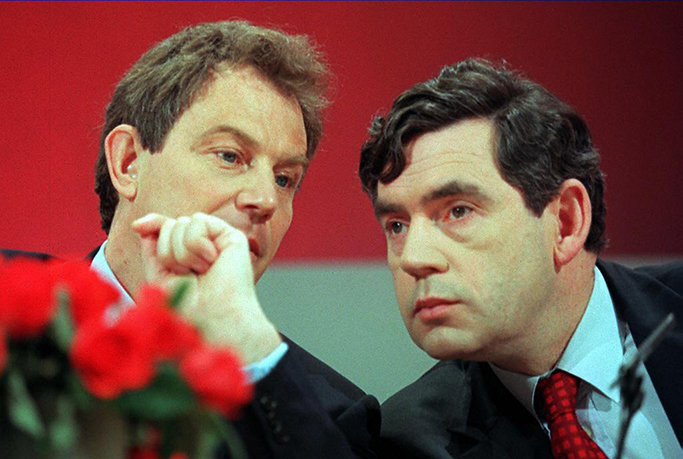
In the BBC documentary series Blair & Brown: The New Labour Revolution, former cabinet minister Ed Balls remarked that the last Labour government was “the most redistributive since 1945”. The line stands out because New Labour is rarely described in such terms. If Tony Blair’s government did redistribute wealth, it is often assumed to have done so in the direction of the wealthiest. Peter Mandelson’s declaration that “we are intensely relaxed about people getting filthy rich” is typically cited (though he did add the caveat: “as long as they pay their taxes”).
So what are the facts? By the metric typically used to judge whether budgets are progressive or regressive, New Labour was highly redistributive. As the graph below shows, the party’s tax and benefit changes led to the poorest tenth of households gaining 13 per cent as a share of net income while the richest tenth lost almost 10 per cent (relative to what would have happened if no fiscal changes had been made from 1997 onwards). In the view of some, this was the fulfilment of the approach advocated by former education secretary Anthony Crosland in The Future of Socialism (1956), which encouraged a focus on ends (a more equal society) over means (nationalisation).



